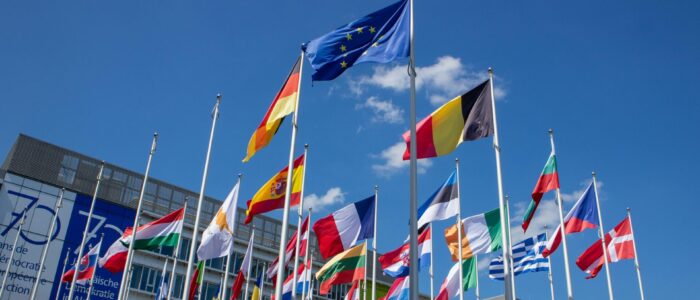A Faith Covenant for all nations?

It’s election season. Across the world, a number of countries including Canada, Australia and Romania have been making decisions about who will govern them, what policy positions are important to their citizens, and what direction they want their country to head in.
As these new governments take shape, the role that faith can play in the work on the ground, making a difference to communities, may not be something that is at the forefront of their minds. But should it be? As we know, faith can have a significant impact as a force for good, designing and delivering programmes and being a place of support for those in need. But oftentimes, faith struggles to have a voice, pigeonholed away out of misunderstanding of what faith can encourage those that hold it to do or out of a fear that those who have faith are just looking to recruit more members.
In the UK, over the last 10 years, the All-Party Parliamentary Group on Faith and Society has been championing the Faith Covenant, a joint commitment between faith communities and local authorities to a set of principles that guide engagement to promote open, practical working on all levels. Because of the UK’s system of government, these Covenants are created and work best at a local authority level, with 33 local authority areas and 12 million people covered by a Faith Covenant.
Each country will need to look at its own systems of government and circumstances and decide where engagement with faith groups works best. What works for us here in the UK may not work simply carbon-copied into systems used by other countries. However, whatever the system, the principle of enabling and equipping faith groups to work on the front line, where they often do their most vital work is essential. Faith groups play an integral role of the fabric of community, providing places of belonging where they are uniquely positioned to do what they do best in supporting those who need it.
Faith Covenants in the UK have gone on a long journey. From their creation during the days of austerity and slashed budgets, through the pandemic, the cost-of-living crisis and beyond, they have created lasting links between faith groups and those in charge, links that have been used so effectively to support communities through these troubled times. Having faith groups involved could unlock tremendous potential for dealing with some of the most pressing issues each country faces.


